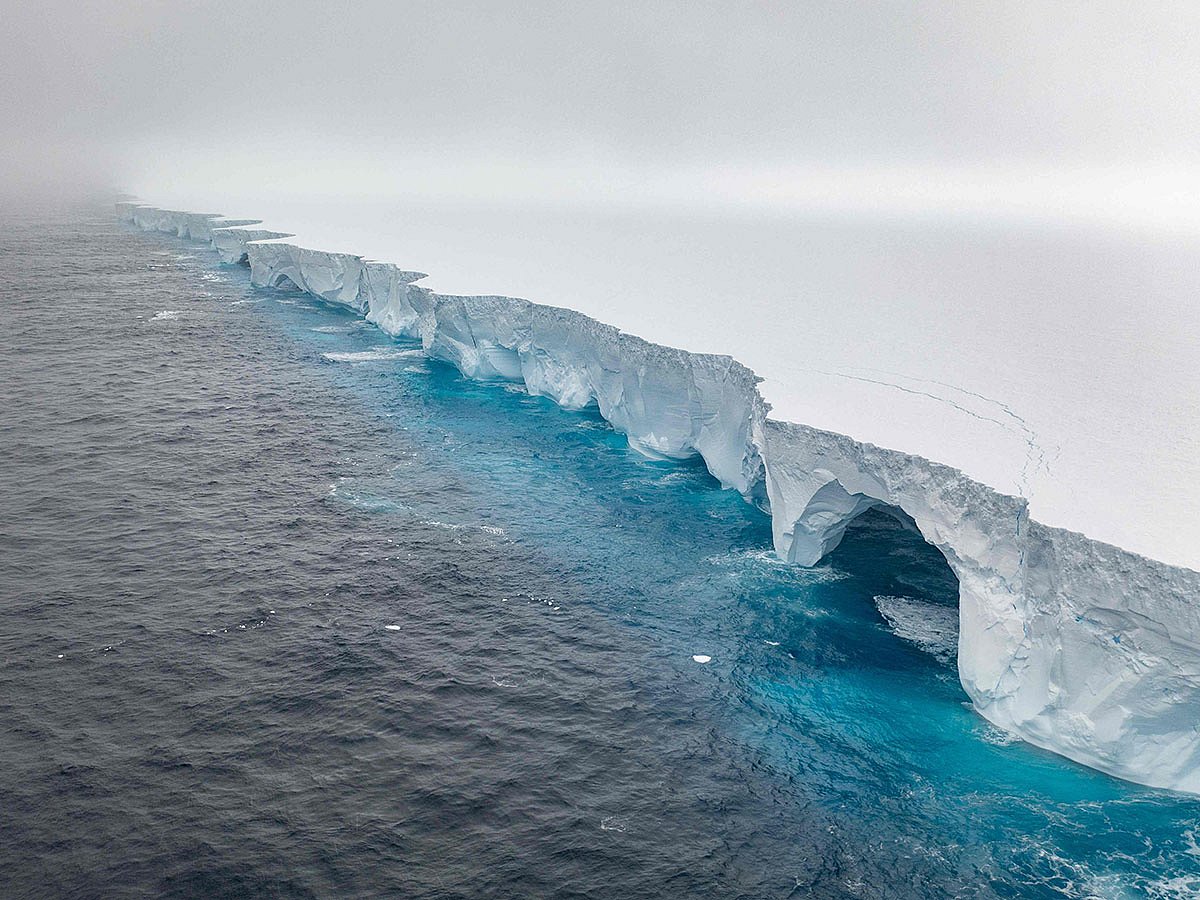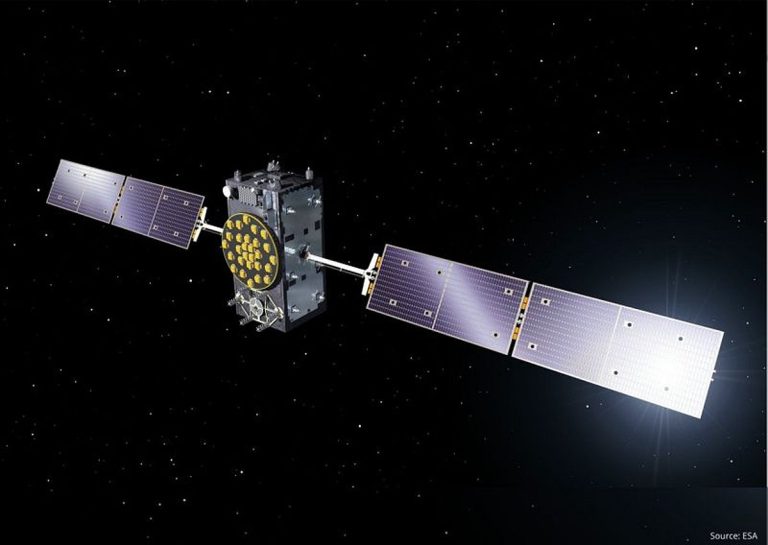Hektoria Glacier’s Rapid Collapse Sparks Global Concerns
Recent observations have revealed alarming changes in the Hektoria Glacier, located on the eastern Antarctic Peninsula. This glacier has experienced one of the most rapid collapses ever recorded, prompting serious concerns about the stability of ice sheets across Antarctica and their potential impact on global sea levels.
Significant Ice Loss in a Short Period
Research conducted by scientists from the University of Colorado Boulder indicates that Hektoria Glacier lost nearly half of its ice mass within just two months, specifically from November to December 2022. This rapid retreat, which saw the glacier shrink by approximately eight kilometers in that brief period, is unprecedented and has taken glaciologists by surprise.
From January 2022 to March 2023, Hektoria retreated around 25 kilometers. The findings, published in a recent study, highlight the glacier’s alarming pace of disintegration, challenging previous assumptions about the stability of Antarctic ice.
Methodology of the Study
The research team utilized satellite imagery taken at various intervals to monitor the glacier’s retreat. This method was crucial in capturing not only the extent of the ice loss but also the speed at which it occurred. The underlying geography of Hektoria Glacier, characterized by relatively flat bedrock, significantly contributed to its rapid collapse.
As the glacier thinned, parts of it began to float on the ocean water below instead of remaining grounded. This transition initiated a process known as marine ice sheet instability, where warming ocean waters erode the glacier’s underside, leading to further thinning and eventual disconnection from the seafloor.
Implications of the Collapse
The implications of Hektoria’s rapid disintegration extend beyond the glacier itself. Lead author Naomi Ochwat, who conducted an aerial survey of the glacier in early 2024, expressed her astonishment at the scale of the collapse. “I couldn’t believe the vastness of the area that had collapsed,” she remarked, confirming the data’s alarming conclusions.
Glaciologist Ted Scambos emphasized the broader significance of these findings, stating that such rapid retreats could alter expectations for other glaciers in Antarctica. “This kind of lightning-fast retreat really changes what’s possible for other, larger glaciers on the continent,” he noted.
Warming Trends and Future Risks
The eastern Antarctic Peninsula has been experiencing rising air and ocean temperatures in recent decades. If similar conditions arise in other areas, particularly where larger glaciers rest on flat bedrock, the consequences for global sea levels could be dire. Scambos warned that accelerated ice loss from major glaciers could significantly impact coastal communities worldwide within a matter of decades.
Antarctica holds enough ice to raise global sea levels by approximately 60 meters if completely melted. While total melting would take centuries, even partial acceleration of ice loss could have immediate effects.
Monitoring and Future Research
The rapid changes observed in Hektoria Glacier underscore the necessity for ongoing satellite monitoring of Antarctic glaciers. Without regular observations, the precise timing and speed of such collapses might remain undetected. As polar regions continue to warm, scientists will closely monitor other glaciers for signs of similar instability.
The lessons learned from Hektoria’s rapid retreat are vital for predicting future ice loss from Earth’s largest ice sheet. Understanding these dynamics is crucial for preparing for potential impacts on global sea levels.
FAQs
What caused the rapid collapse of Hektoria Glacier?
The rapid collapse was primarily due to marine ice sheet instability, where warming ocean waters eroded the glacier’s underside, causing it to lose contact with the seafloor and float, leading to accelerated disintegration.
How much ice did Hektoria Glacier lose during its collapse?
Hektoria Glacier lost nearly half of its total ice mass within a two-month period, with approximately eight kilometers disappearing between November and December 2022.
What are the potential global implications of this glacier’s collapse?
The collapse of Hektoria Glacier raises concerns about accelerated sea level rise, as similar conditions could affect other glaciers in Antarctica, potentially impacting coastal communities worldwide within decades.
Conclusion
The rapid disintegration of Hektoria Glacier serves as a stark reminder of the changing dynamics of Antarctic ice sheets. As scientists continue to monitor these developments, understanding the implications of such rapid changes will be crucial for predicting future sea level rise and its effects on global populations. Ongoing research and satellite observations will be essential in addressing these urgent environmental challenges.
Also Read:
How to Cancel Car Insurance in the UAE Without Loss







